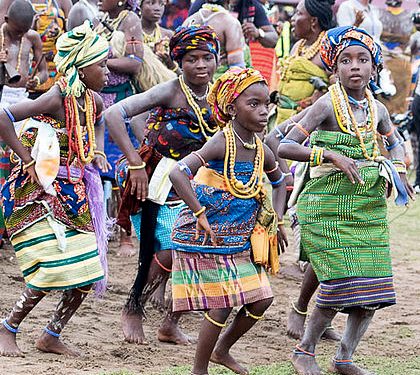In the vibrant tapestry of human culture, music and dance have always held a profound significance. The synergy between rhythm and movement not only unites people across boundaries but also becomes a medium of transcendent expression. Music festivals, the ultimate celebration of this synergy, stand as modern-day meccas where enthusiasts from around the world converge to revel in the intoxicating blend of sound, movement, and community. In this article, we embark on a journey through the mesmerizing world of music festivals, exploring their global diversity and profound impact on our well-being.
The Global Phenomenon of Music Festivals
From the rhythmic heartbeats of African drum circles to the electric pulses of electronic dance music, music festivals span the spectrum of genres, cultures, and landscapes. These gatherings are not merely events but immersive experiences that foster an environment of uninhibited joy, creativity, and connection.
1. A Sonic Odyssey: Genres and Vibes
The world’s music festivals encompass an unparalleled variety of genres, catering to diverse tastes. From the sultry grooves of jazz festivals in New Orleans to the entrancing beats of trance music in Ibiza, each festival offers a unique auditory journey. Traditional music festivals, like the Glastonbury Festival in the UK or the Coachella Valley Music and Arts Festival in the US, boast lineups ranging from rock legends to emerging indie artists, ensuring a blend of familiarity and discovery.
2. Dance as a Universal Language
Dance is an ancient art form that transcends cultural barriers. Music festivals harness this universality to create a platform where individuals can communicate, bond, and celebrate through movement. From the expressive twirls of folk dances at cultural festivals to the uninhibited sways of attendees at electronic music events, dance is a form of expression that transcends words.
3. The Well-being Connection
Beyond the rhythmic euphoria, music festivals contribute to our well-being on multiple levels. The power of music to reduce stress, evoke emotions, and stimulate cognitive functions has been extensively studied. When coupled with the release of endorphins from dancing, attendees experience a natural high that has profound effects on mental health. The sense of belonging and community at festivals further enhances the positive impact on well-being.
4. Cross-Cultural Dialogue
In an increasingly globalized world, music festivals serve as cultural crossroads. They become melting pots of traditions, enabling attendees to engage with cultures they may not have otherwise encountered. Festivals like the Diwali Festival of Lights in India or the Carnaval de Barranquilla in Colombia showcase unique customs and traditions, promoting intercultural understanding and appreciation.
5. Sustainability and Eco-Consciousness
As the world grapples with environmental concerns, music festivals are stepping up to the plate. Many festivals are embracing sustainable practices, minimizing waste, promoting eco-friendly transportation, and advocating for environmental consciousness. Festivals like the Roskilde Festival in Denmark and the Envision Festival in Costa Rica incorporate eco-initiatives into their planning, inspiring attendees to consider their impact on the planet.
Conclusion:
The Rhythmic Tapestry of Togetherness
In the symphony of life, music festivals compose an extraordinary movement that harmonizes the human spirit. These gatherings celebrate the kaleidoscope of cultures, the spectrum of sound, and the unity of movement. From the wild revelry of Burning Man in the Nevada desert to the ethereal beauty of the Fes Festival of World Sacred Music in Morocco, music festivals weave a tapestry of rhythms that transcend time and space. In their immersive embrace, we find not only an escape from the mundane but also a reminder of the profound joy that arises from dance, rhythm, and our shared humanity.
So, let the music play on, and let the world dance as one.



























